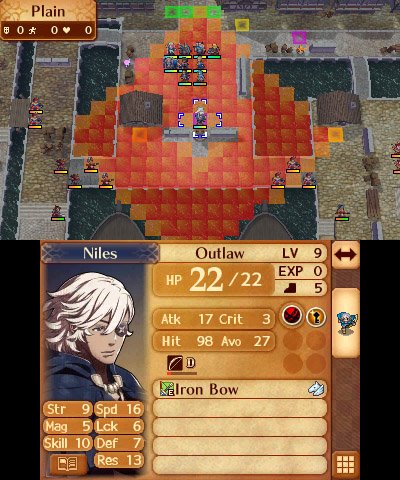A Conquest Worth Undertaking.
I made two mistakes while playing Fire Emblem Fates: Conquest that cost me dearly. The first was to change the mysterious Songstress Azura's class to something else, robbing me of her "Sing" ability which gives any character she's standing next to a second turn, a real boon in a turn-based strategy title. The second and more costly error I made was to try to rush through the last four hours of the game to try to expedite this review. The latter error cost me to the point where I was almost unable to finish the game, since I had so bungled my character upgrade-progression.
Fire Emblem Fates: Conquest is a challenging game in contrast to Birthright, and one that really puts the strategy of the series front and center. In the game, the mirror image of Fates: Birthright, you are tasked with choosing to lead one of two kingdoms, Hoshido or Nohr, in an attempt to stop a great evil (in the form of Nohr's King Garon) from conquering and corrupting the world. As Corrin, the crown prince/princess—Fates lets you choose the gender of your character, changing whom you can romance throughout the game—you were born to Hoshido, but raised in Nohr, prompting a choice early in the game between sides. Along the way you are accompanied by the mysterious Nohrian princess Azura, who was kidnapped by Hoshido, making her your mirrored counterpart.
Conquest places you in Nohr, attempting to expose the corruption within King Garon to your adopted siblings, but requiring you to win the war against Hoshido in order to reveal his true nature. While Garon's actions early in the game make this choice somewhat dumbfounding (in real life I would simply always pick Hoshido) Conquest has a much more interesting and subtle narrative, as Corrin and her siblings attempt to weave through the undercurrents of the Nohrian court without arousing the suspicion of their increasingly murderous superiors.
Your bloodthirsty side characters are also quite a bit funnier than their Hoshidan counterparts, from the goth-joke character Odin Dark, to your vampish sister Camelia; for having a darker path, it's strangely lighter in tone. At the same time, there's still the undercurrent that the true story is hidden from the player (and will be until they play Revelation, available as DLC on March 10th or currently through the Special Edition if you can even find it anymore), though certain elements explored in Birthright are also lost to the Conquest player, like the nature of Azura's song, while giving glimpses of the greater narrative provided by all three games.
Though stronger, what makes Conquest a much stronger game than Birthright isn't the narrative (which still follows essentially the same story beats, but from the other side, this time) but the more challenging gameplay. Unlike Birthright and Revelation, which give you the option to play challenge missions to grind your characters to higher levels/increase their relationship statuses, the only missions available are the core story missions and paralogues you unlock by marrying your characters together (producing missions where you can recruit offspring). This drastically decreases the amount of experience and money available in the game.
My biggest mistake in one section of the game, where I was playing on Casual mode (with permadeath turned off), was focusing only on the goal of getting a single character to a seizure point at the other side of the map from where I started, to get through the maps as quickly as possible. Since I wasn't paying much attention to my troops, since they'd be back in the next round, I allowed them to fall in battle, robbing them of valuable experience they would need in later combats. Even though you can play Conquest in Casual mode, it behooves you to play it as if it were the Classic version of the game, where death is permanent, since without the experience you get from following through, you'll be screwed in later combats.
This means getting much more strategic in play. Knowing which characters are paired well together, and which weapons are preferred against others (on Fire Emblem's rock-paper-scissors-like weapon triangle) becomes much more important in Conquest. Similarly, being able to predict your enemy's movements and planning for that during their attack phase becomes vital in a way that wasn't necessary in Birthright. Additionally, this is compounded by new win-conditions and battle-conditions, like having to defend an area for a certain number of turns or using dragon-vein switches (usable by any royal character) to change character movement speed or open up closed areas. Conquest demands that the player think a lot more about what they are doing than Birthright.
Due to the limited number of combats, weapons and upgrades are harder to come by, and it may be necessary to select which character gets a better sword, when you only have so much gold or items found in the field of battle. One alternative, and a good reason for Conquest to be so named, is taking on other players at their Astral Plane bases. Though you don't get experience or gold during these battles in Conquest, defeating enemies allows you to purchase skills they've already acquired (that activate based on stats during combat), or take one of their characters for your own. To complete the game, I "borrowed" someone else's Corrin, giving me two characters with dragon transformation abilities for the last three or four battles.
What this all makes for is a much tighter and more precisely balanced game than Fire Emblem Fates: Birthright, where decisions matter, even in Casual mode. The story in Fire Emblem Fates: Conquest is stronger, but still feels somewhat like filler meant to set up the true narrative to be revealed in Fire Emblem Fates: Revelation. While this feels like a vastly superior game, it also feels very much like part-two of three, in a three-part title. Fire Emblem Fates: Conquest is an excellent, challenging SRPG that requires a great deal of forethought and precision, rewarding the player for hard choices, and keeping your characters in play. While the story is stronger with more engaging characters, it still feels like another "bad ending" setting up the player to have to purchase the third campaign when it releases in March.
Copy provided by publisher. 3DS exclusive.
-
Strong strategic gameplay where choices matter, even in casual mode
-
The harder difficulty demands greater focus on systems and gameplay
-
As with Birthright, fantastic production value
-
A stronger story, but it still feels tacked on/like filler
-
Feels like a "bad ending" in a visual novel
fire-emblem-working-title
-
fire-emblem-working-title #1
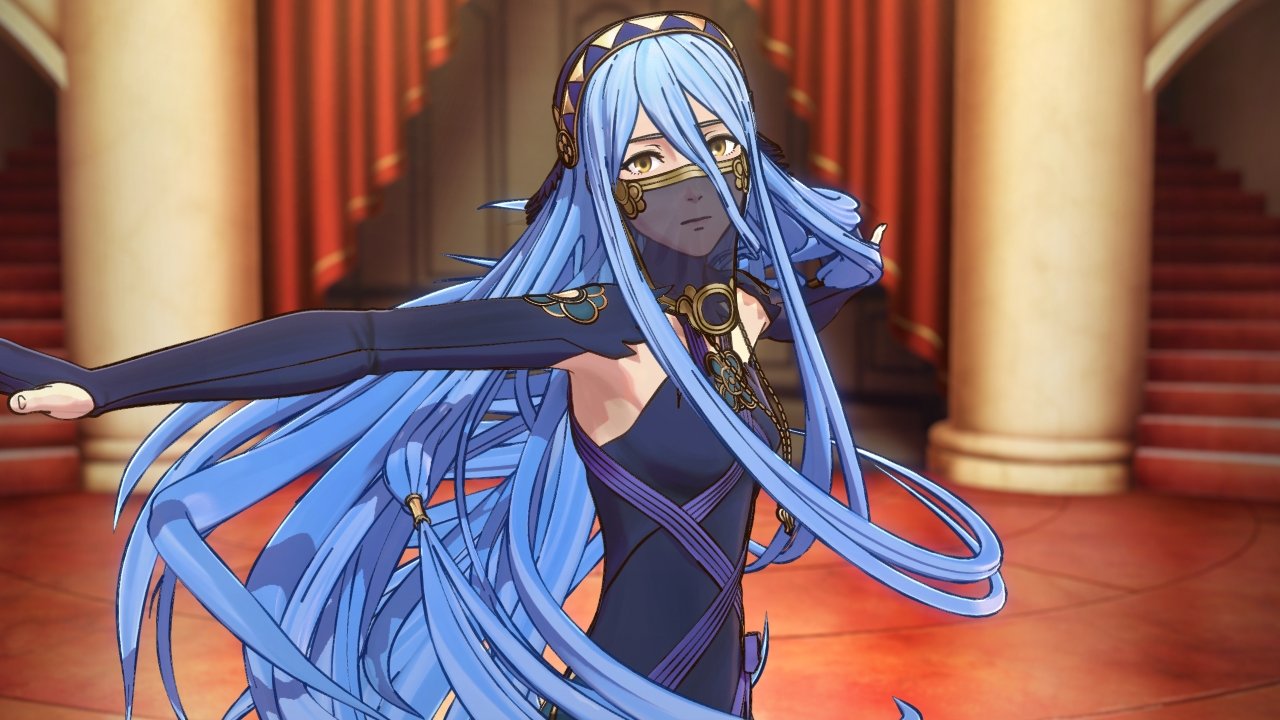
-
fire-emblem-working-title #2
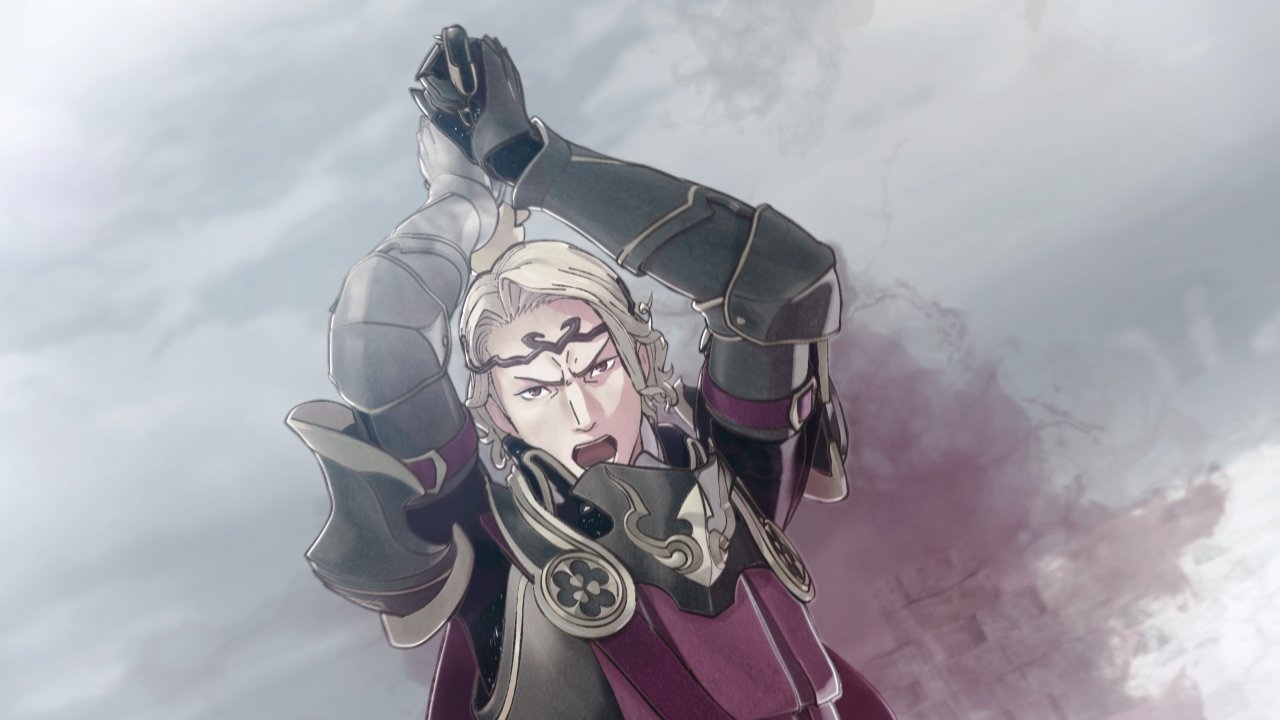
-
fire-emblem-working-title #3
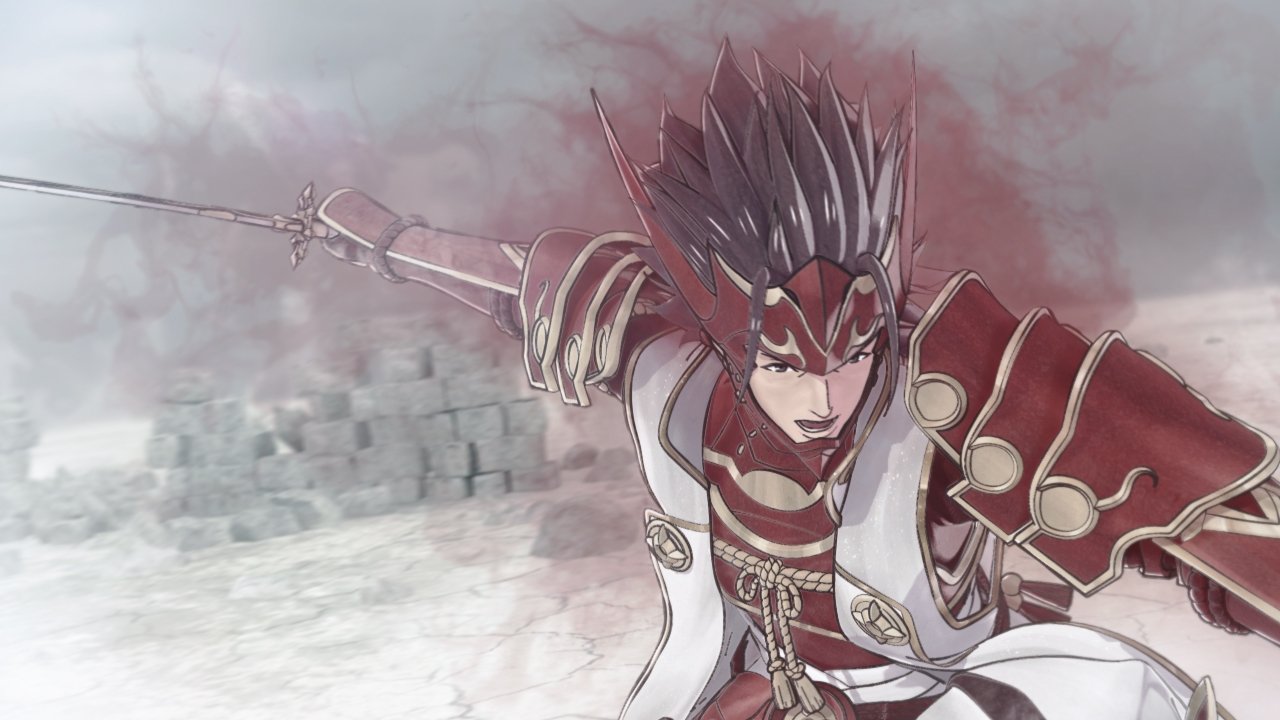
-
fire-emblem-working-title #4
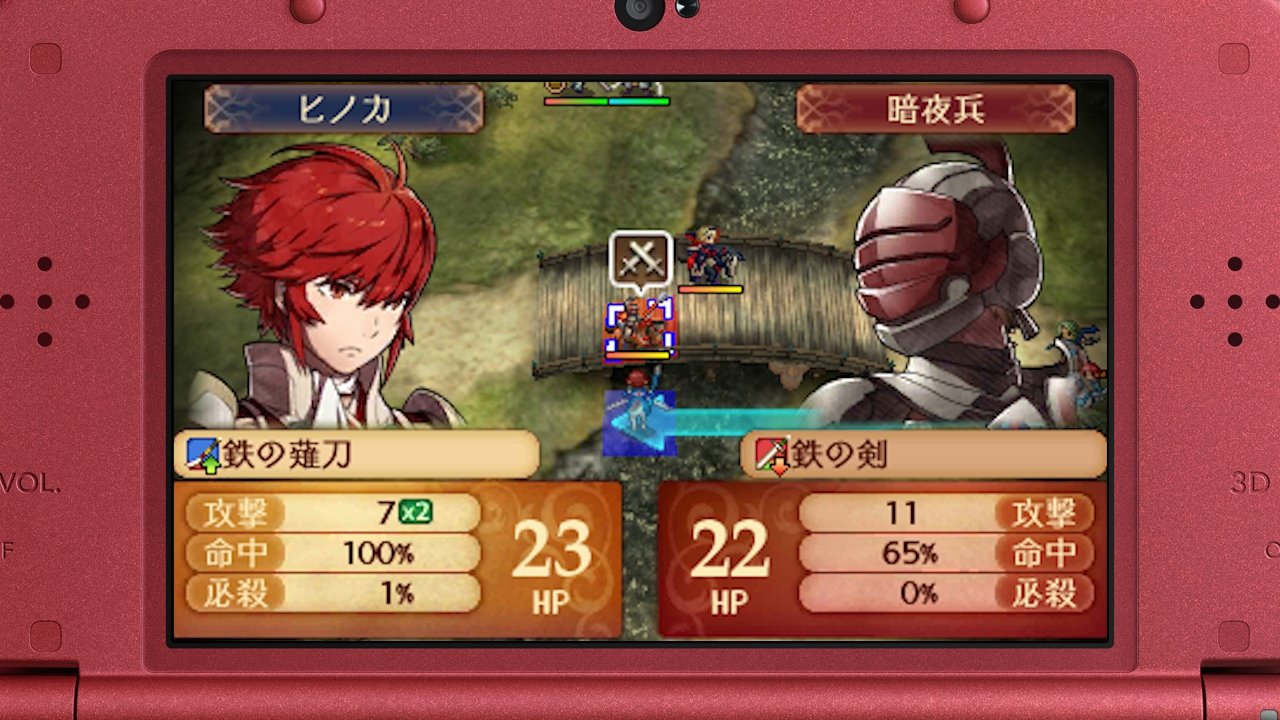
-
fire-emblem-working-title #5
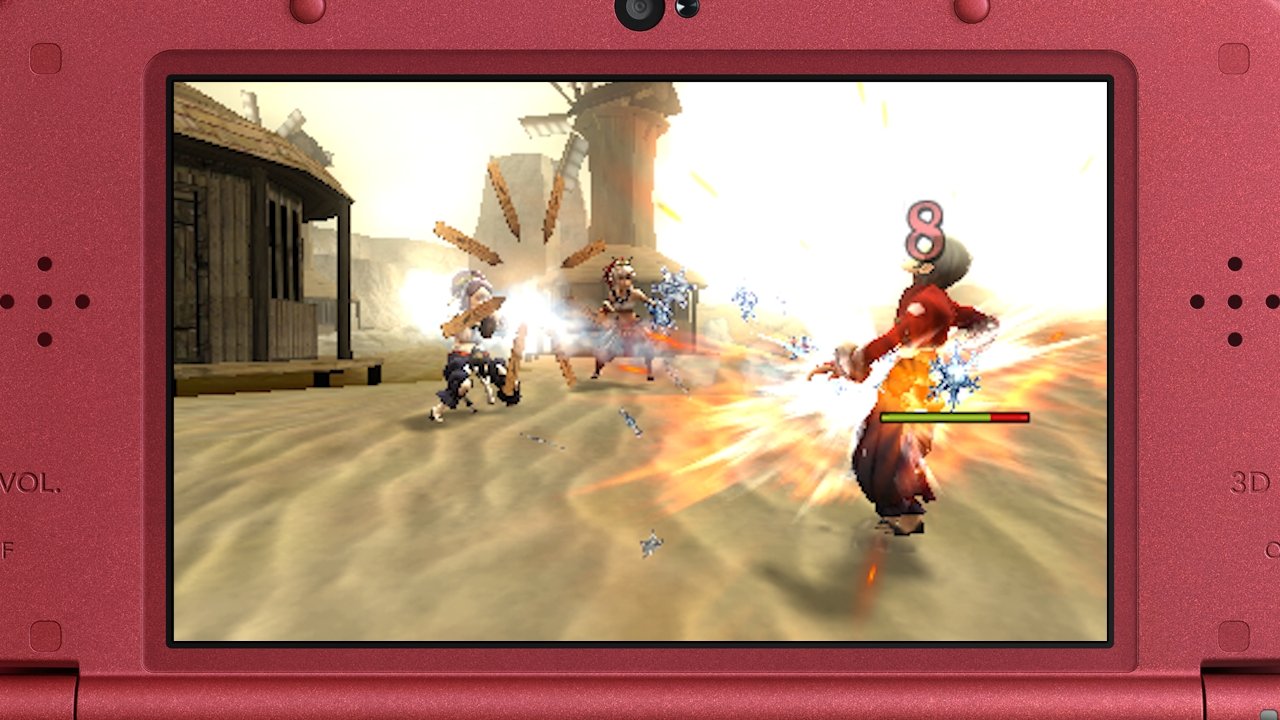
-
fire-emblem-working-title #6
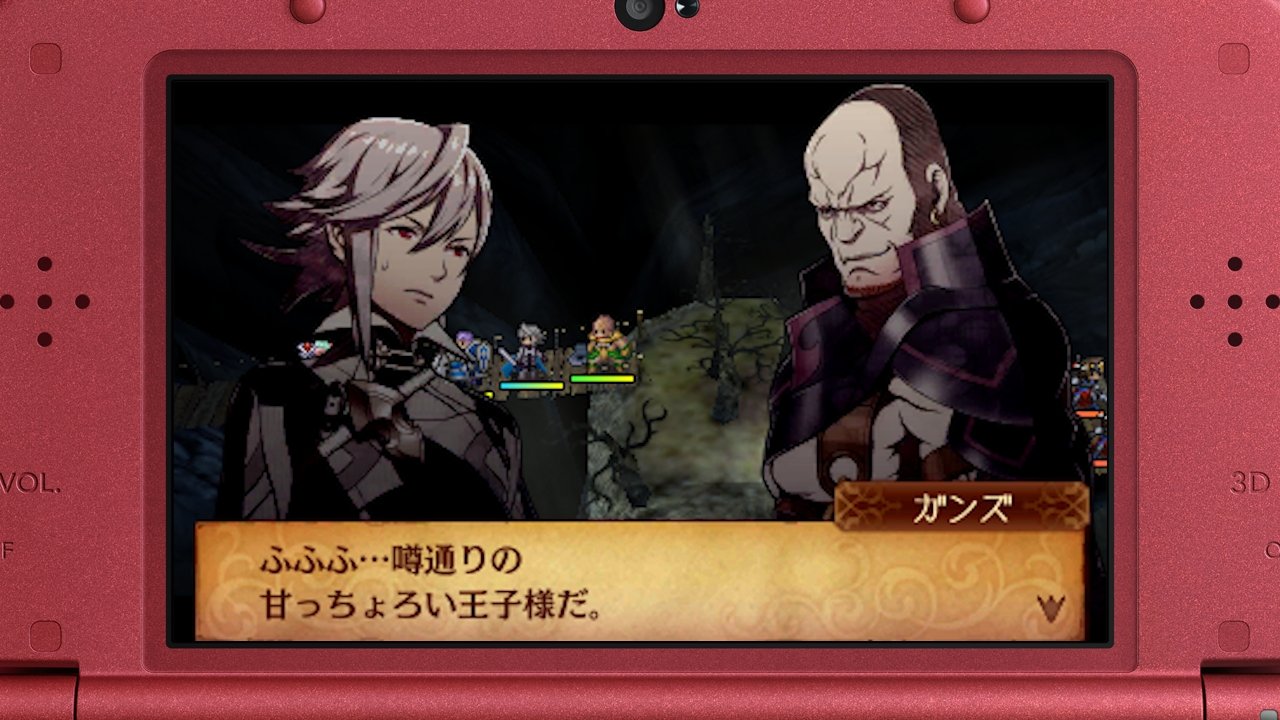
-
fire-emblem-working-title #7
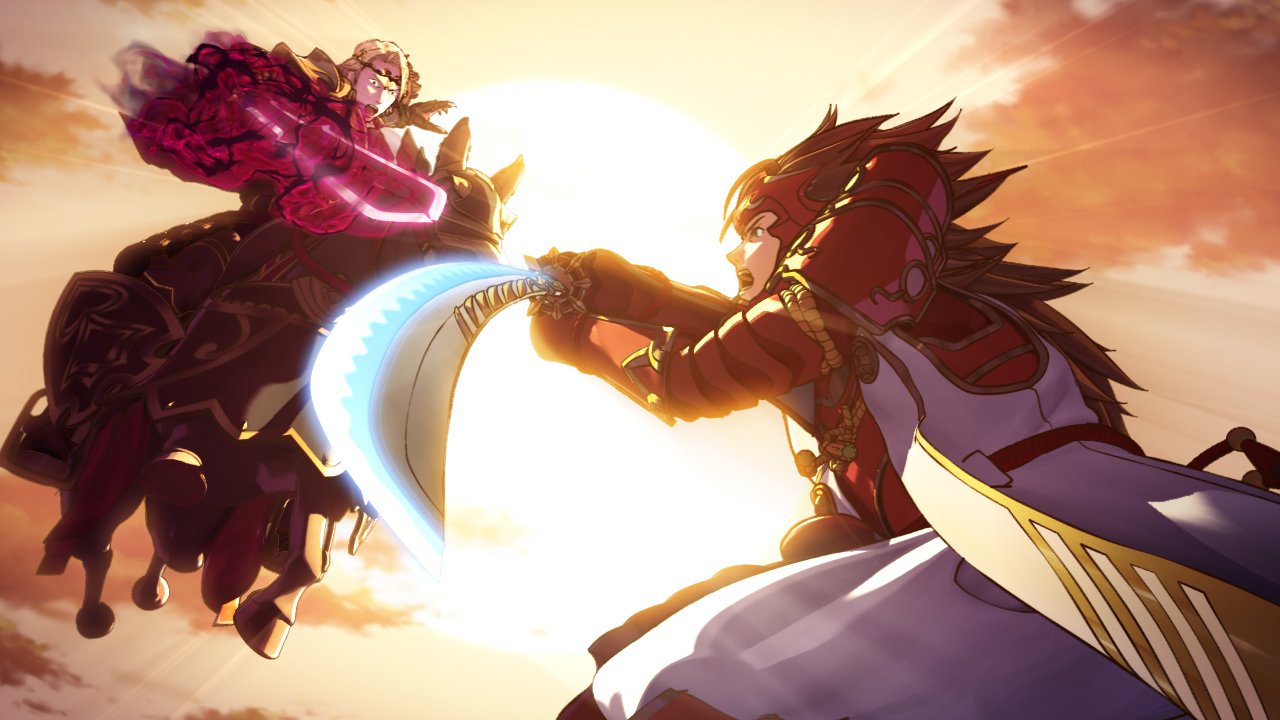
-
fire-emblem-working-title #8
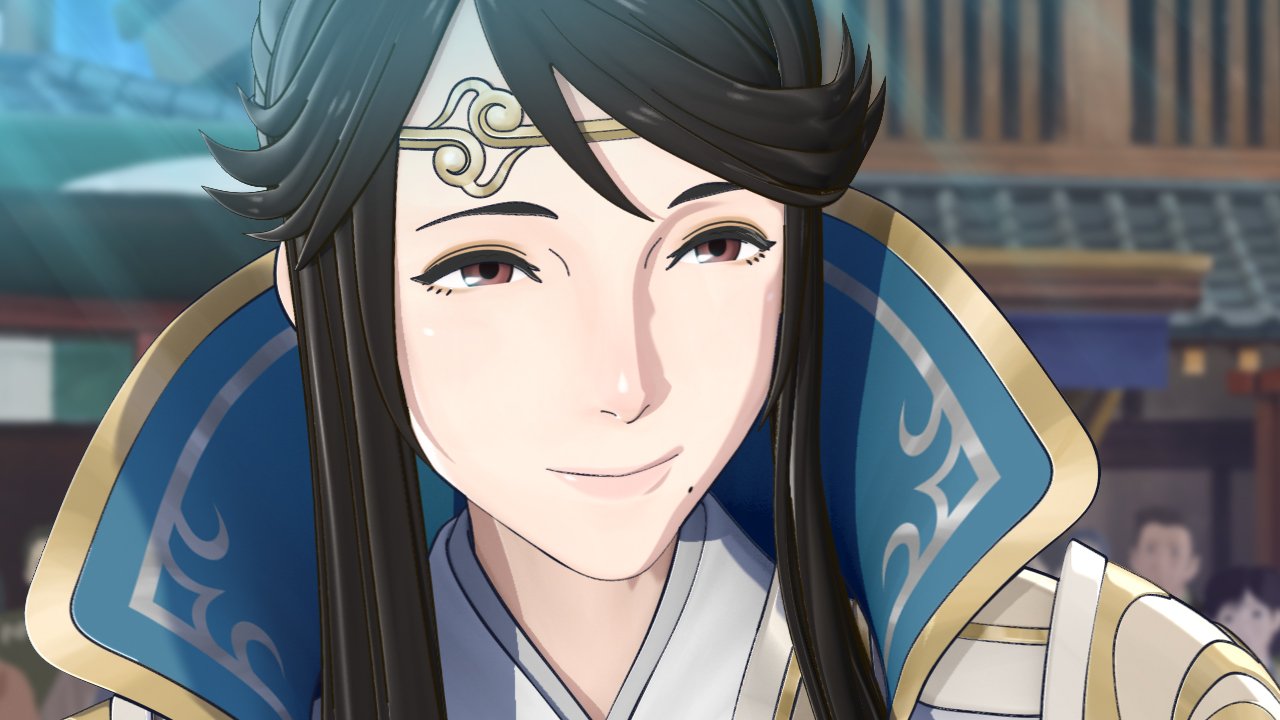
-
fire-emblem-working-title #9
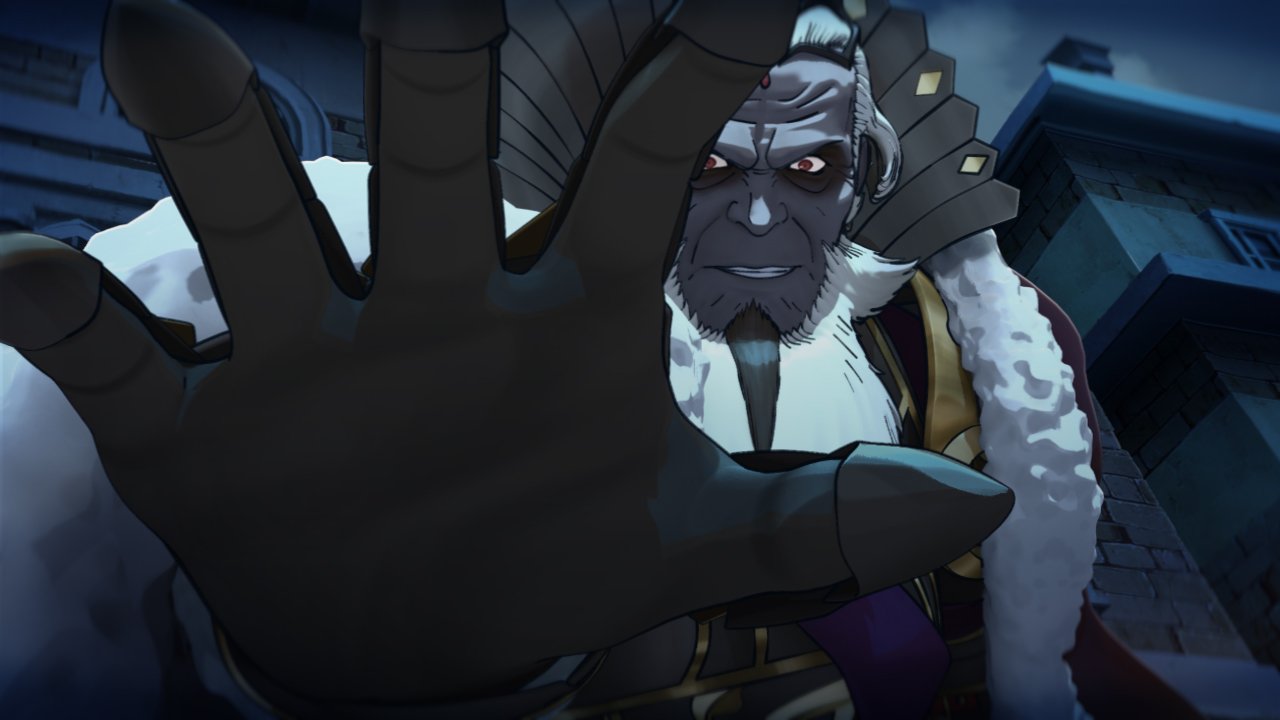
-
fire-emblem-working-title #10

-
fire-emblem-working-title #11
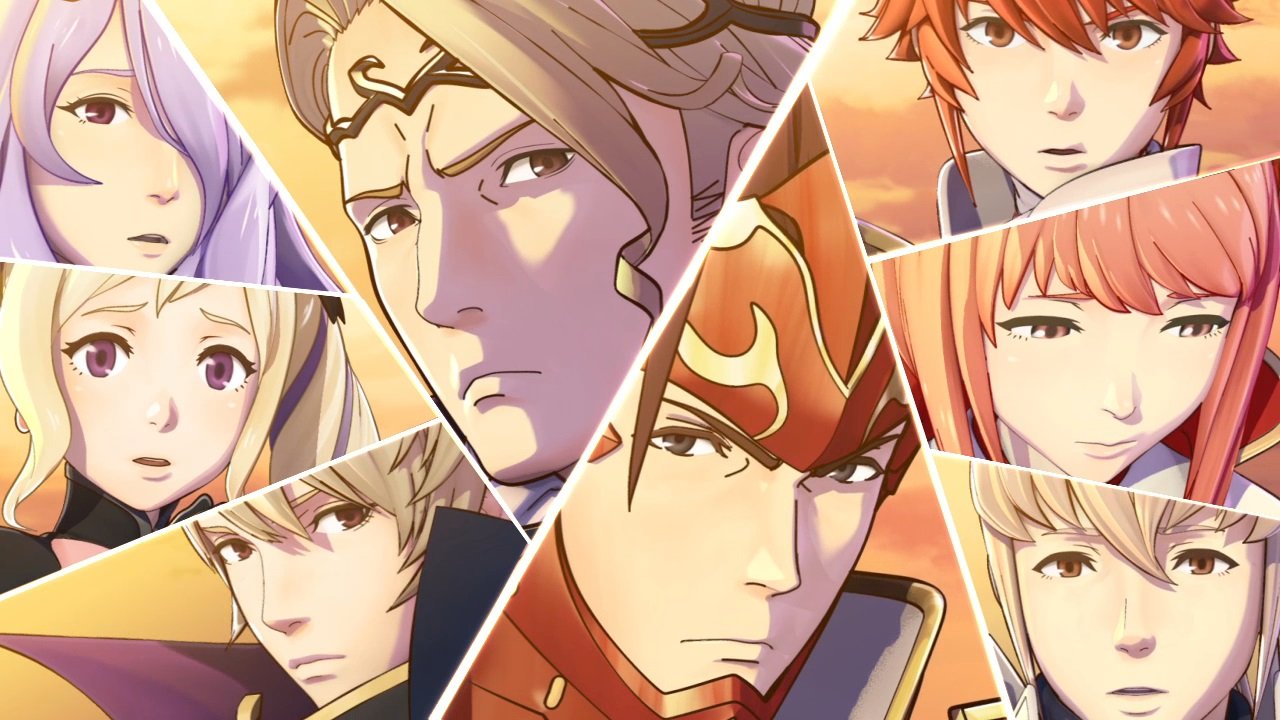
-
fire-emblem-working-title #12
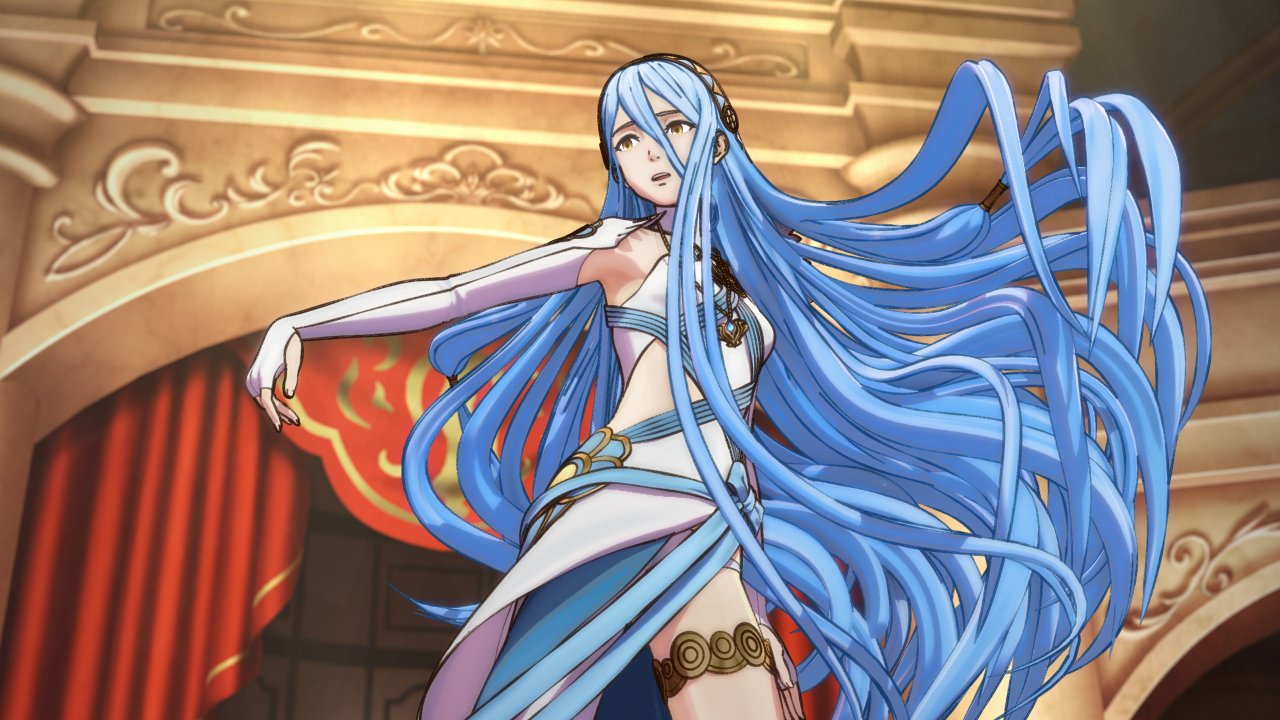
-
fire-emblem-working-title #13
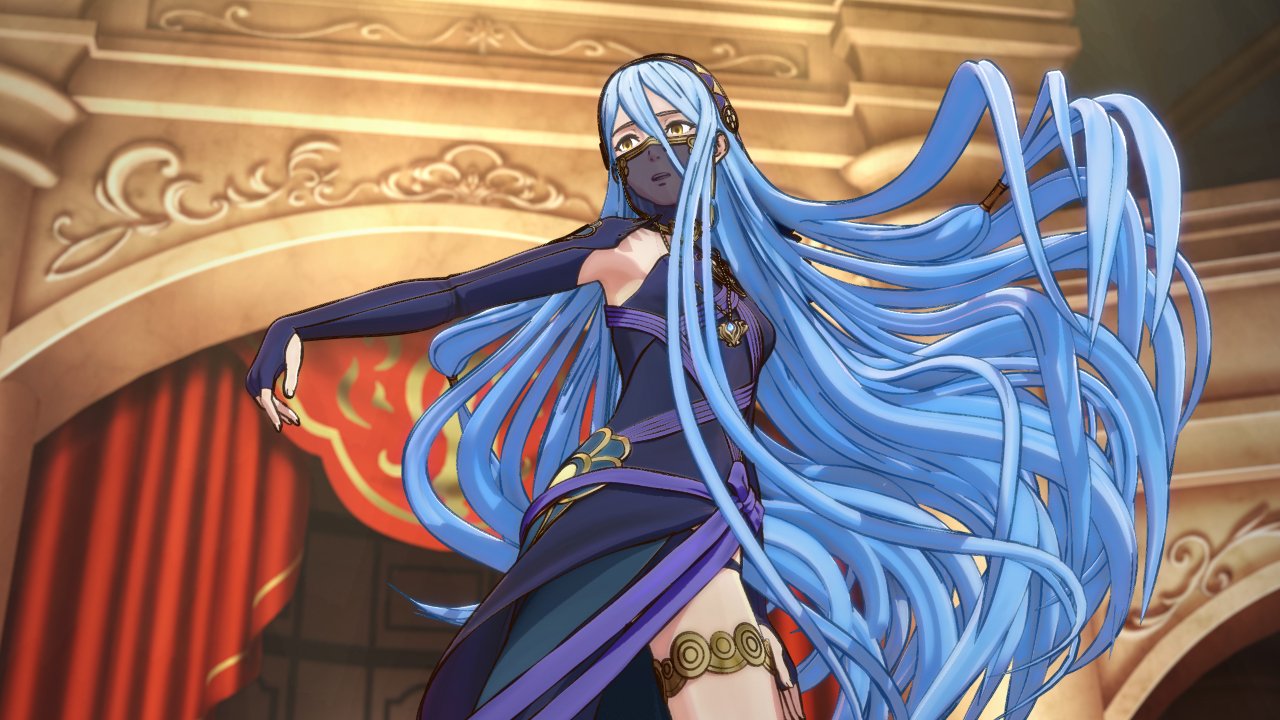
-
fire-emblem-working-title #14
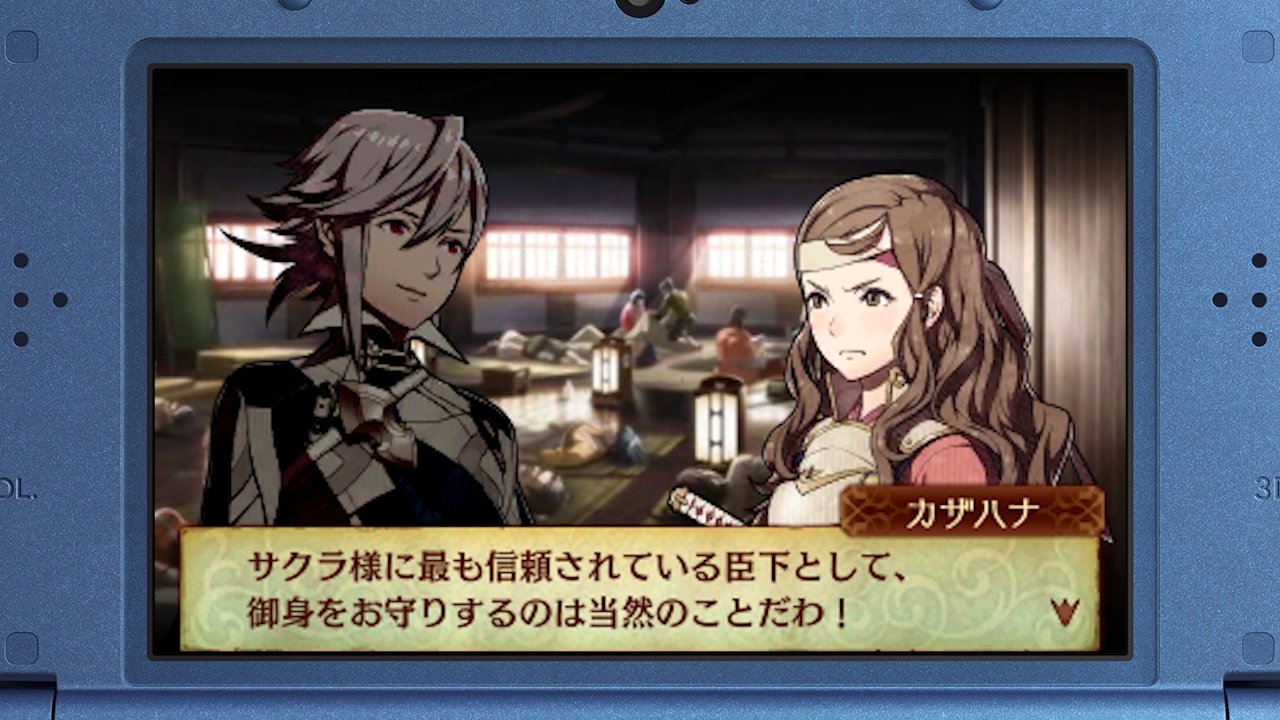
-
fire-emblem-working-title #15
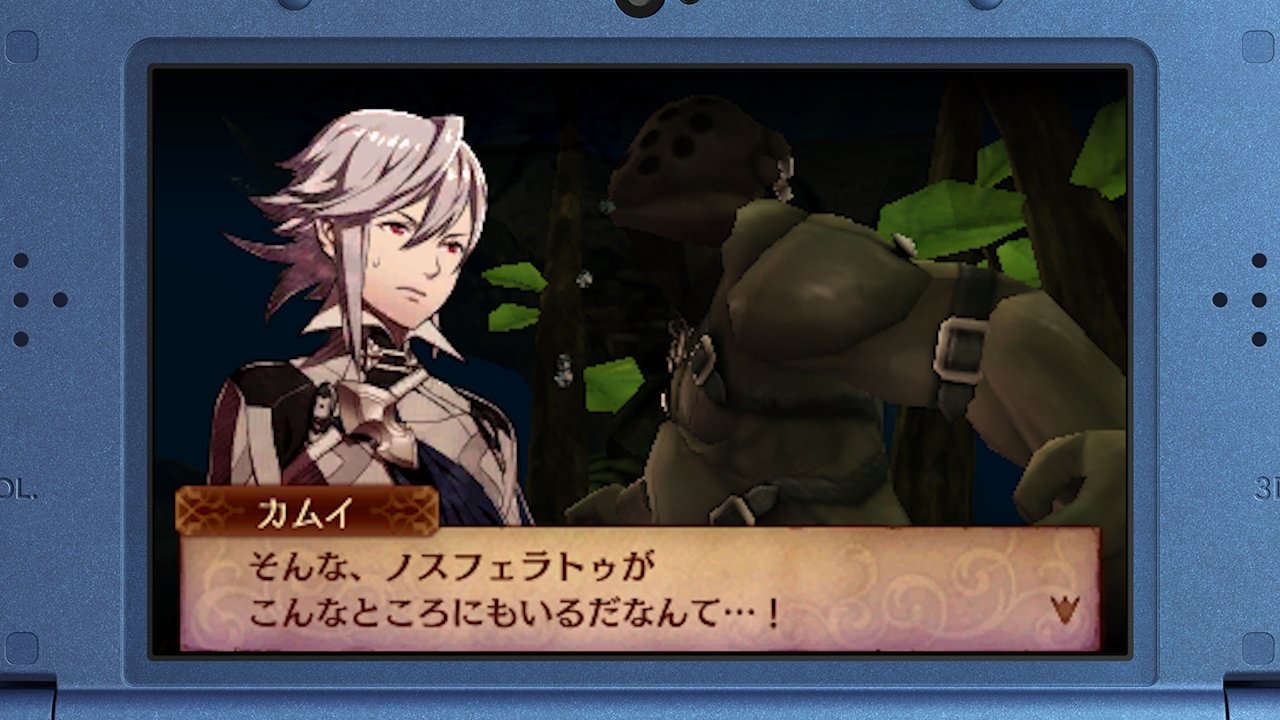
-
fire-emblem-working-title #16
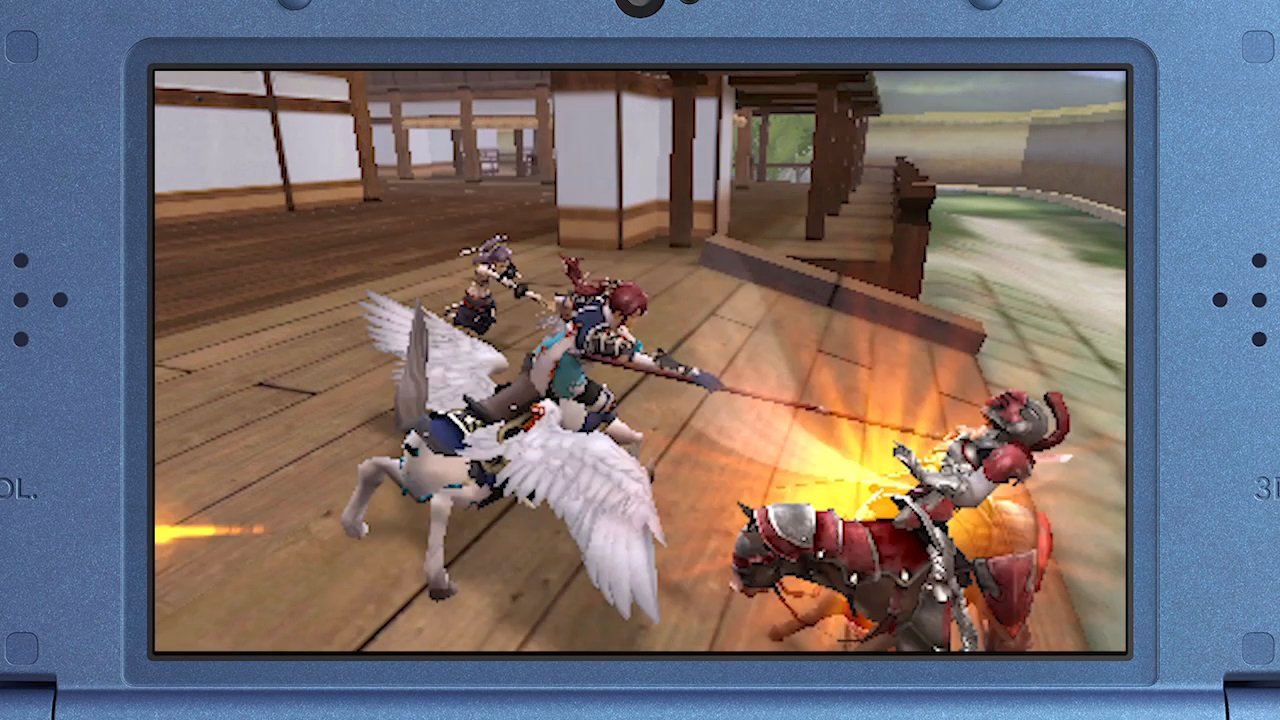
-
fire-emblem-working-title #17
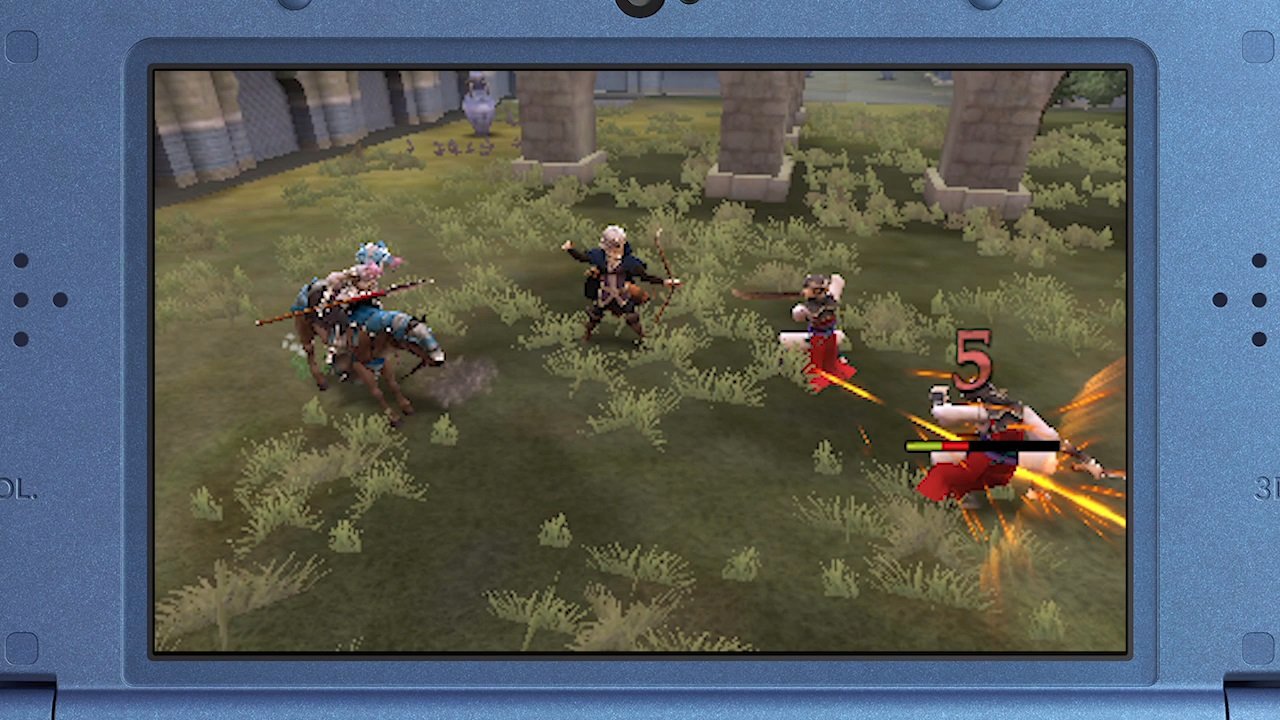
-
fire-emblem-working-title #18
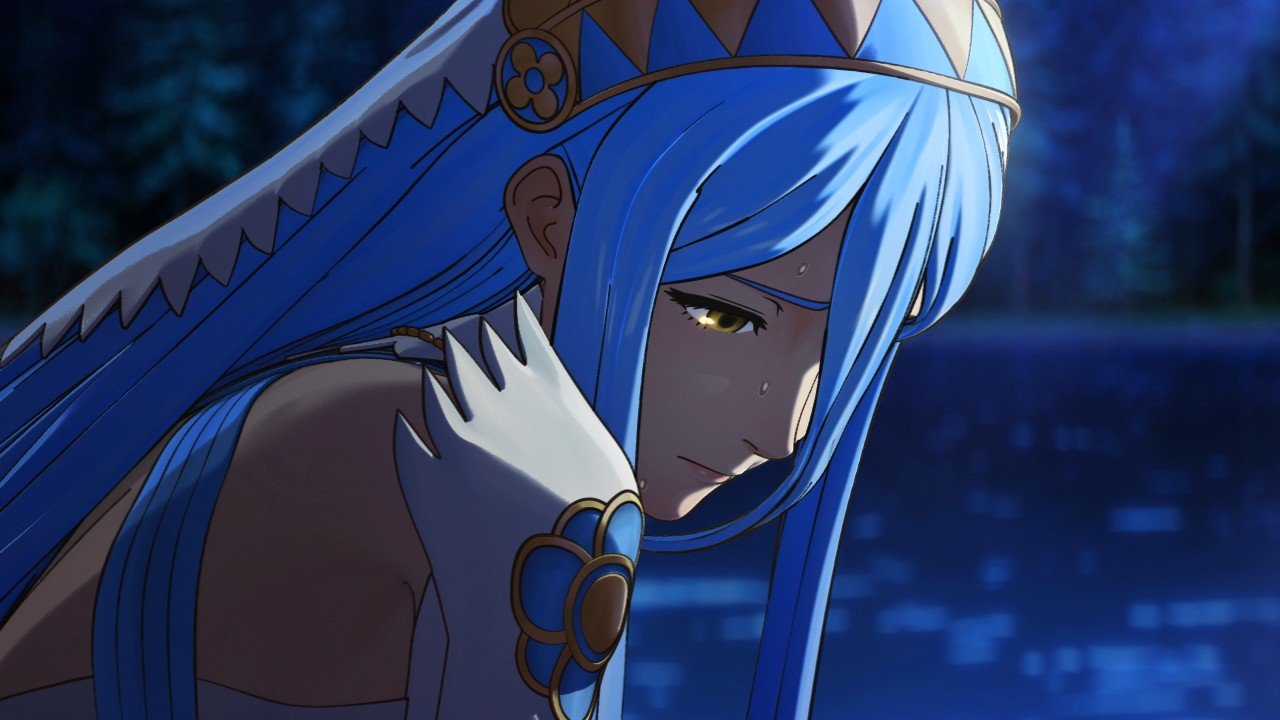
-
fire-emblem-working-title #19
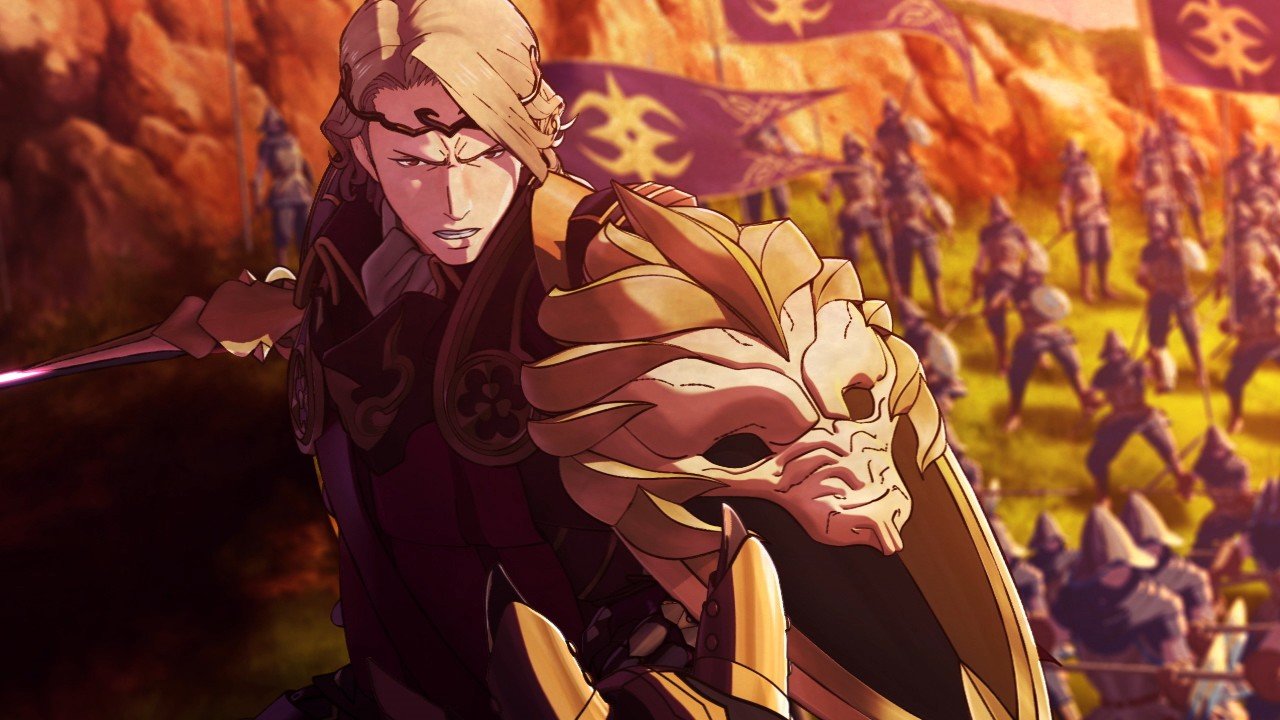
-
fire-emblem-working-title #20
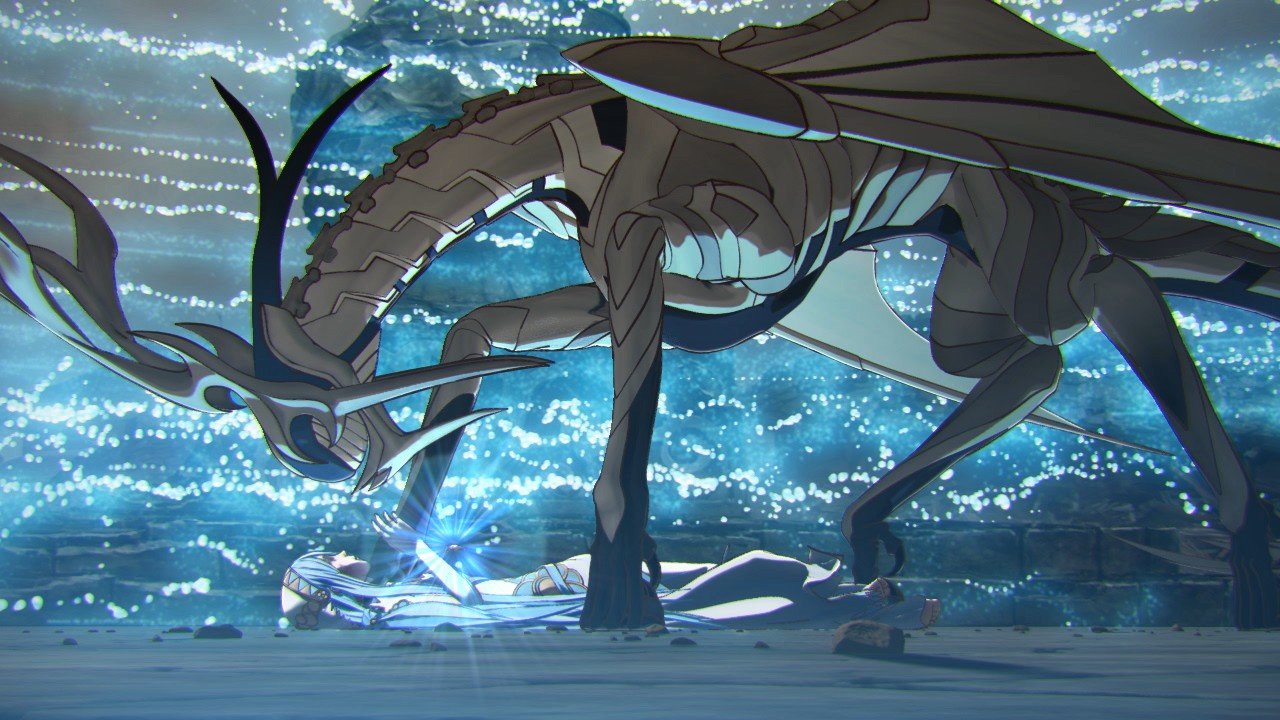
-
fire-emblem-working-title #21
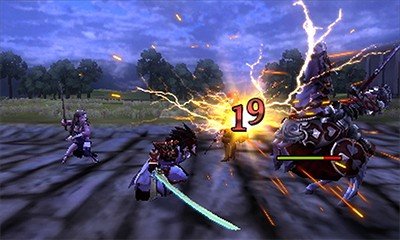
-
fire-emblem-working-title #22
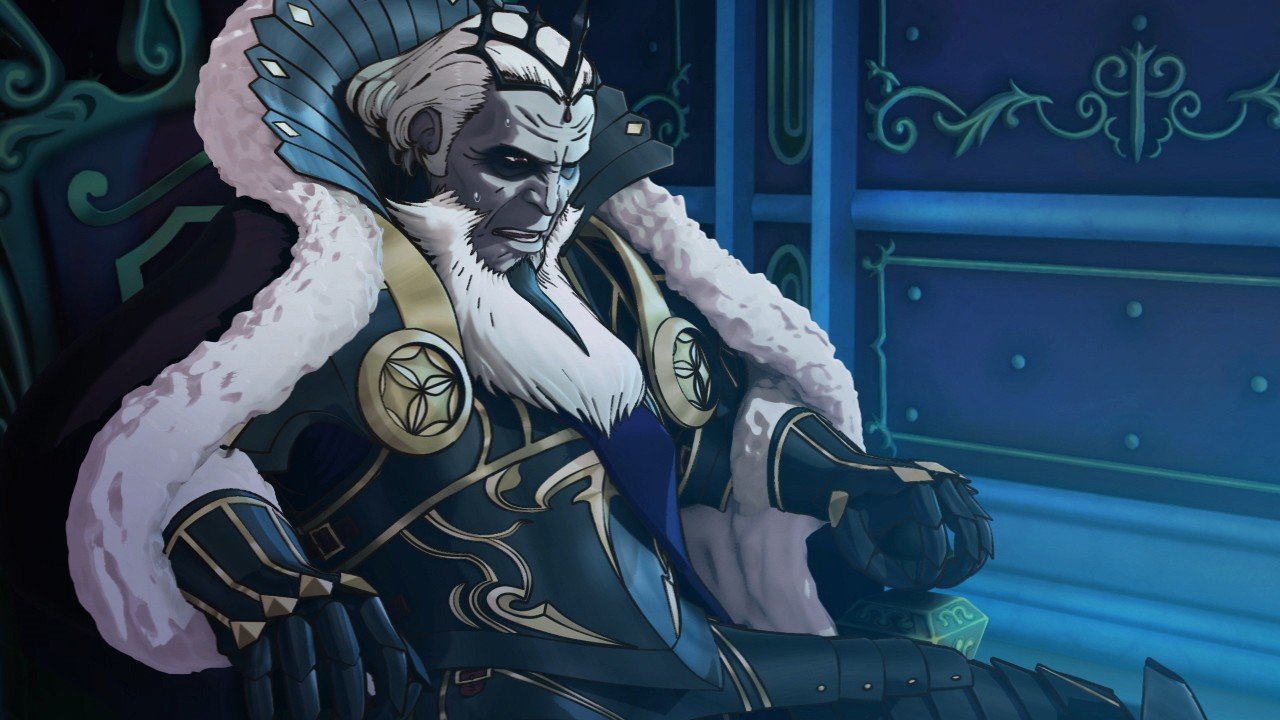
-
fire-emblem-working-title #23
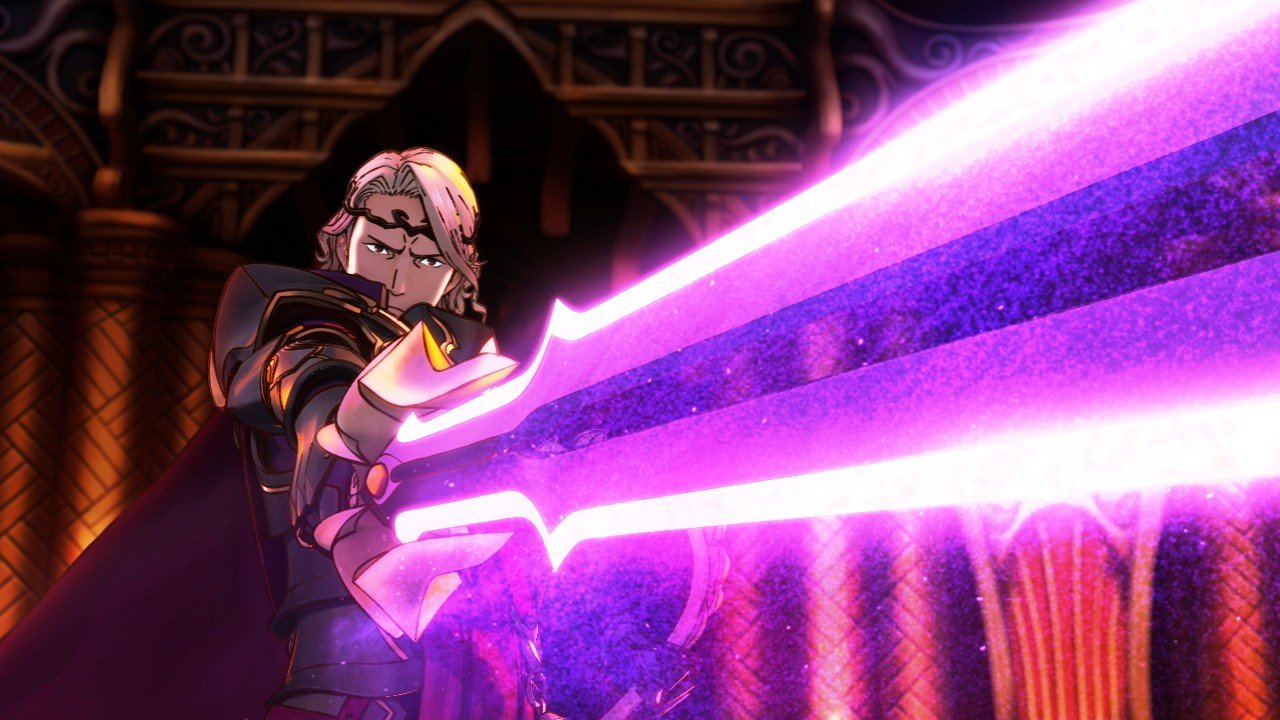
-
fire-emblem-working-title #24
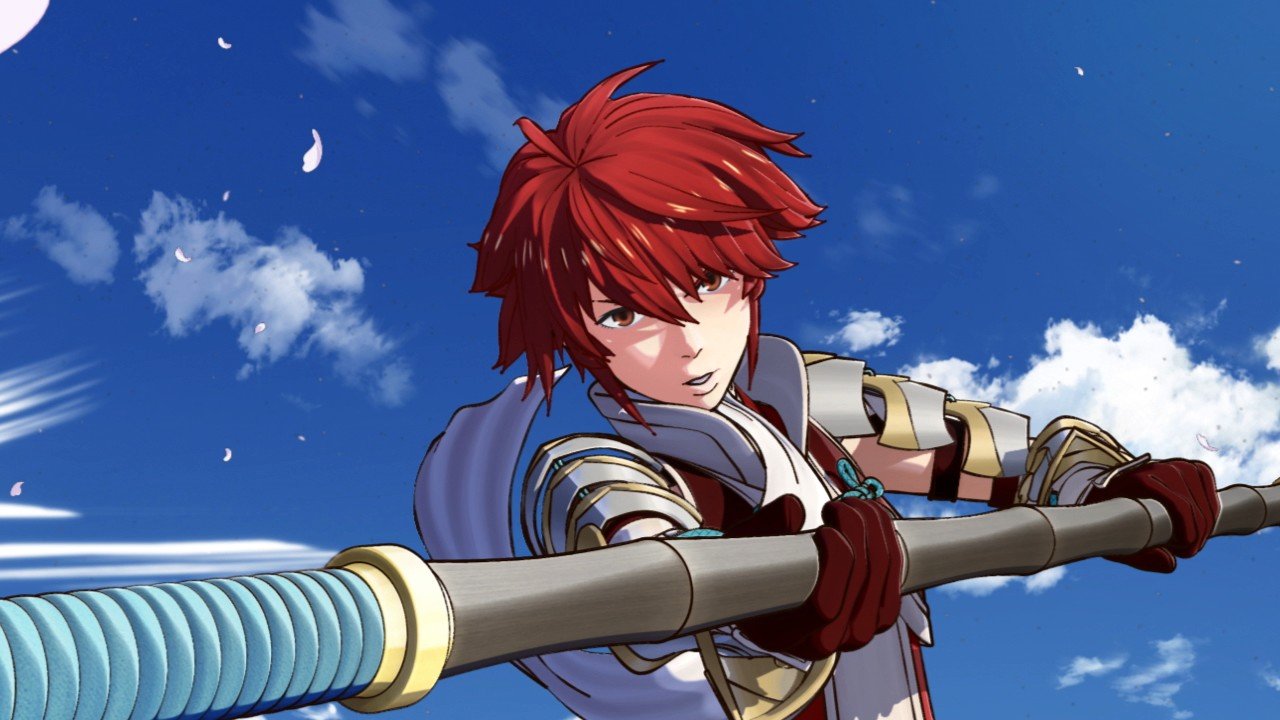
-
fire-emblem-working-title #25
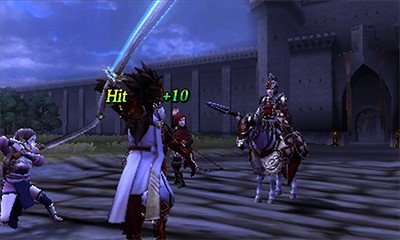
-
fire-emblem-working-title #26
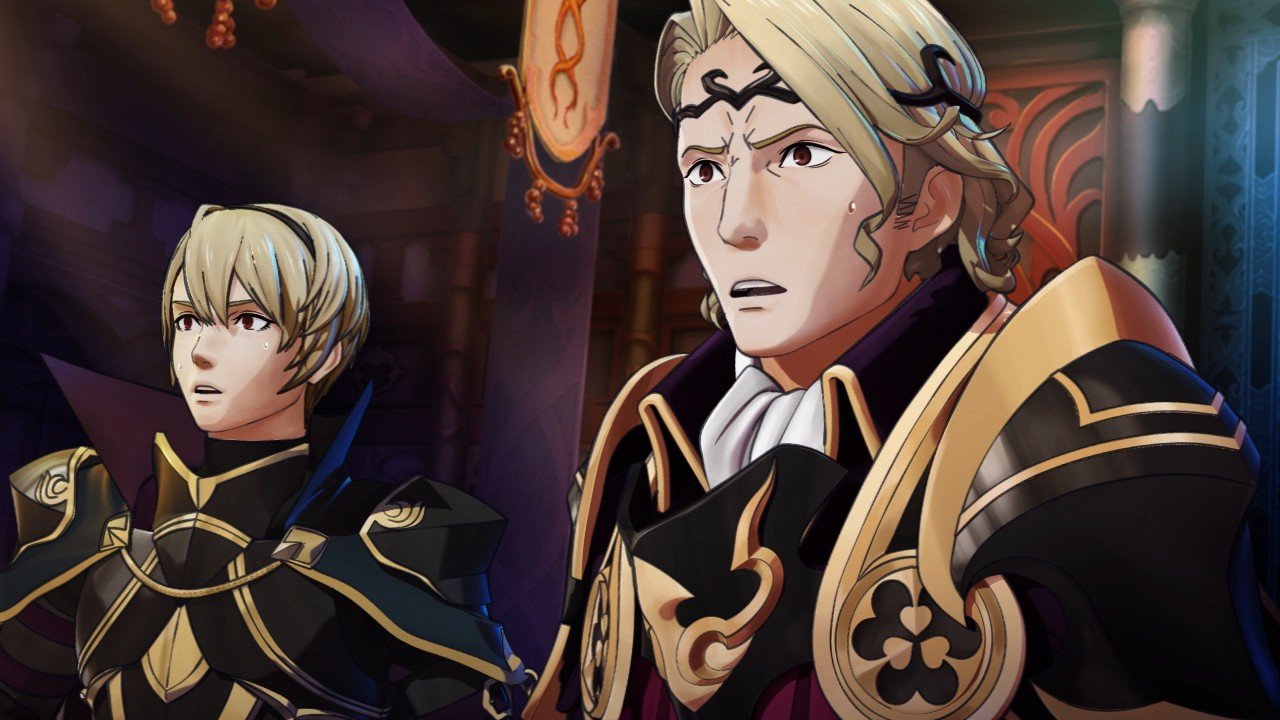
-
fire-emblem-working-title #27
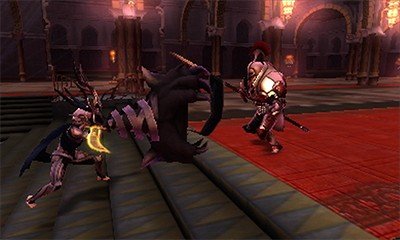
-
fire-emblem-working-title #28

-
fire-emblem-working-title #29
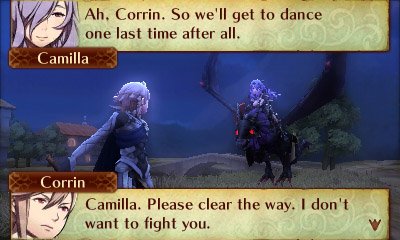
-
fire-emblem-working-title #30
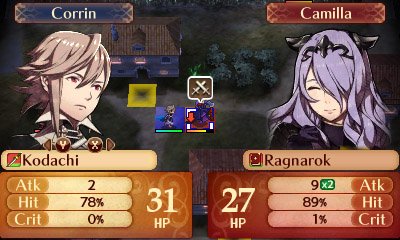
-
fire-emblem-working-title #31
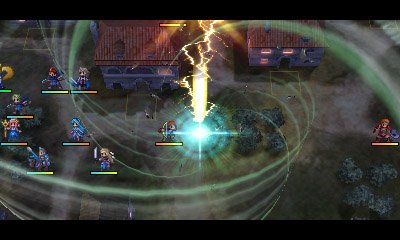
-
fire-emblem-working-title #32

-
fire-emblem-working-title #33
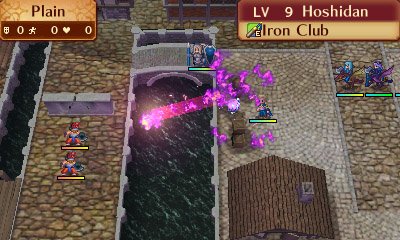
-
fire-emblem-working-title #34
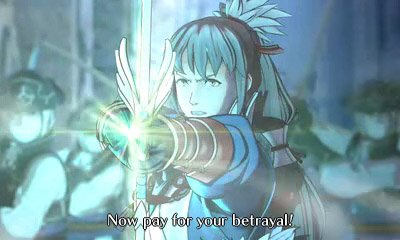
-
fire-emblem-working-title #35
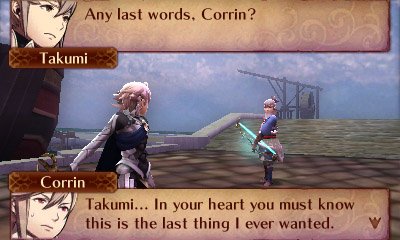
-
fire-emblem-working-title #36
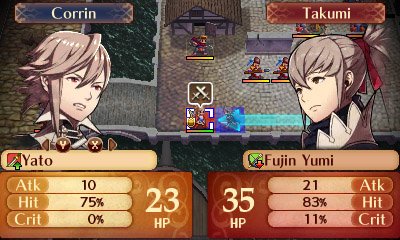
-
fire-emblem-working-title #37
